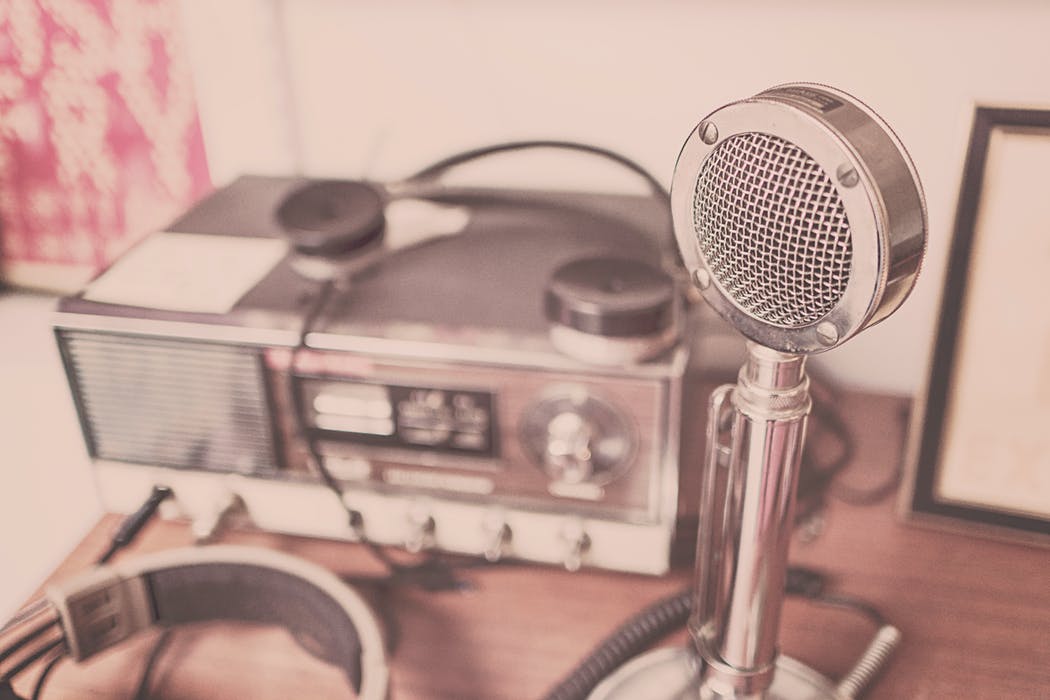
05 Jan In Praise of Podcasts
In case you hadn’t noticed podcasts are going through an incredible renaissance at the moment. Nowhere is this more is this more apparent than in the business world where those listening increased by over 11% in just the last twelve months.
It’s interesting therefore to look at the factors that are potentially driving this growth and giving a platform that started back in 2004, such an incredible rebirth.
Most of us spend far too much time looking at screens; television, computer, laptop, tablet and mobile. Although time spent gazing at video continues to rise, so too does the subconscious desire to give your eyes a rest and listen to the warmth of the human voice without being bombarded with flashing images and intrusive ad messages.
Mobility is one of the key benefits of the medium. Business people commute to work using cars, trains, buses and on foot. Podcasts are the only format that can deliver ‘content’ (I really hate that word) to people in each one of these scenarios safely. You can’t read whilst driving a car, or watch a screen whilst crossing the road, after all.
Production values need not be sky high. All you need is a decent low cost recording studio, a local sound engineer, a bit of set-up time and a couple of mikes. In fact the only cost of any significance is having someone to edit the content into a listenable shape. More of which later.
Recently I’ve been making podcasts for one of my clients, entrepreneurial recruitment specialists, iMultiply.
We use a simple format where an employee of the company interviews a business leader and asks them a series of questions. These are really just the catalyst for dialogue and more often than not we find our interviewee veering into personal accounts of their life and what has helped shape their career. The results are quite often unexpected, but they are always fascinating.
Here are my tips to create the perfect business podcast.
- Choose your interviewer wisely. Broad regional accents can be difficult to understand and are more likely to switch off your listener. Literally.
- Pick a interviewee who can provide genuine thought leadership. A good podcast has to entertain and be informative. It isn’t someone chatting to one of their mates. Again, it helps if the person being interviewed has a clear and understandable voice.
- Know your audience. A business podcast should last between 10 and 20 minutes in my opinion and therefore has to be relevant to those tuning in. Beyond 20 minutes might be fine for someone like Richard Branson, Ann Gloag or Alan Sugar, but in the main, brevity is better.
- Write a list of questions before you start. These should form the spine of the discussion, but not be slavishly followed. From personal experience, it works best to allow people to answer the question, but if this leads into another area, go with it as it will sound both authentic and genuinely interesting.
- Hire an script editor. Following on from the point above, the biggest mistake that people make is not having another pair of ears in the room, listening to the way the dialogue is flowing and knowing where a retake will be required. This is the most costly investment in making a good podcast, but it not only saves time and money in the long run, it will help create a podcast that fulfils the objective it sets out to achieve.
- Be professional. Don’t try a record something in your board room on an iPhone. It will sound ridiculously cheap and self defeats the entire exercise. You need a professional sound booth and an engineer who will be able to undertake the physical edit alongside the script editor.
- Be bold. Ask questions that are genuinely interesting and will stimulate thought and appraisal in the mind of the listener. Be original and avoid questions about Brexit and Scottish Independence. Concentrate on topics that allow the interviewee to open up on a personal level. We want the audience to walk away richer from the conversation.
- Use music. A little bit of library music at the top and tail of the podcast gives it an air of professionalism and help lift it from being simply a eavesdropped chat.
Think about publishing. How are you going to promote your podcast? If you are putting it on your company website, it needs to be pushed using Twitter and Linkedin. Who is responsible for doing that? You also need to ask the interviewee to use their promotional channels as well. There could also be other platforms that will host the podcast such as industry bodies or Chambers of Commerce. - Budget accordingly. I would recommend recording two podcasts back to back and that way you are maximising your overall investment of both time and money. As a very rough yardstick, a pair of podcasts, taken to professional level and ready to broadcast will probably work out at around £1,000.
In my opinion, that’s a very investment in creating a high frequency, high engagement piece of marketing that can increase the relevance and appeal of your brand or organisation. If you’d like to explore the opportunity, please get in touch.
Below is a sample of three podcasts that as script editor, I’ve recently helped create for iMultiply. I hope you enjoy them.
